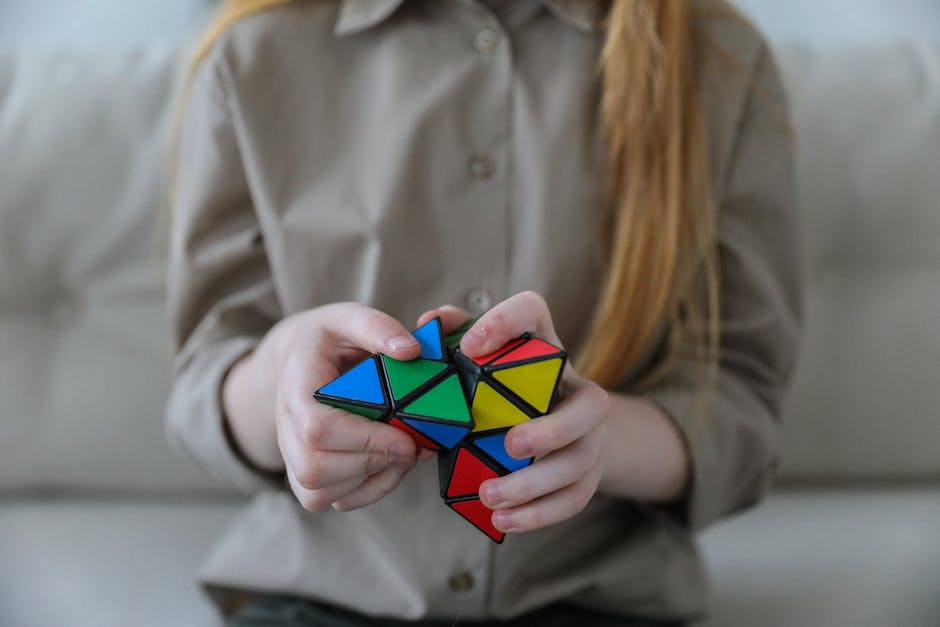Quantum cognition, a fascinating intersection of physics and psychology, offers a new lens to understand human behavior. This groundbreaking theory, borrowing principles from quantum mechanics, could potentially revolutionize our approach to predicting and interpreting human decision-making processes.
The same fundamental platform that allows Schrödinger’s cat to be both alive and dead, and also means two particles can “speak to each other” even across a galaxy’s distance, could help to explain perhaps the most mysterious phenomena: human behavior.
Classical theories of decision-making attempt to predict what choice a person will make given certain parameters, but fallible humans don’t always behave as expected
- Recent research suggests that these lapses in logic can be well explained by quantum probability theory
- This study is the first to support the idea of quantum cognition at the neural level
Betting on quantum
Zhang and his colleagues pitted two quantum-based models of decision-making against 12 classical psychology models to see which best predicted human behavior during a psychological task.
- The experiment, known as the Iowa Gambling Task, is designed to evaluate people’s ability to learn from mistakes and adjust their decision making strategy over time.
Uncertainty
Quantum mechanics describes the behavior of the tiny particles that make up all matter in the universe, namely atoms and their subatomic components
- One central tenet of the theory suggests a great deal of uncertainty in this world of the very small, something not seen at larger scales
- Just as uncertainty pervades the subatomic world, it also seeps into our decision-making process
- Our subjective feelings about a situation undermine our ability to make objective decisions
Heads and tails (at the same time)
This paradox does not fit within the framework of classical reinforcement learning, which predicts that the objective choice should always be the same
- Quantum mechanics takes uncertainty into account and actually predicts this odd outcome
- Just as a particular electron might be here or there at a given moment, quantum mechanics assumes that the first coin toss resulted in both a win and a loss simultaneously
- While caught in this ambiguous state, known as “superposition,” an individual’s final choice is unknown and unpredictable


Member discussion: